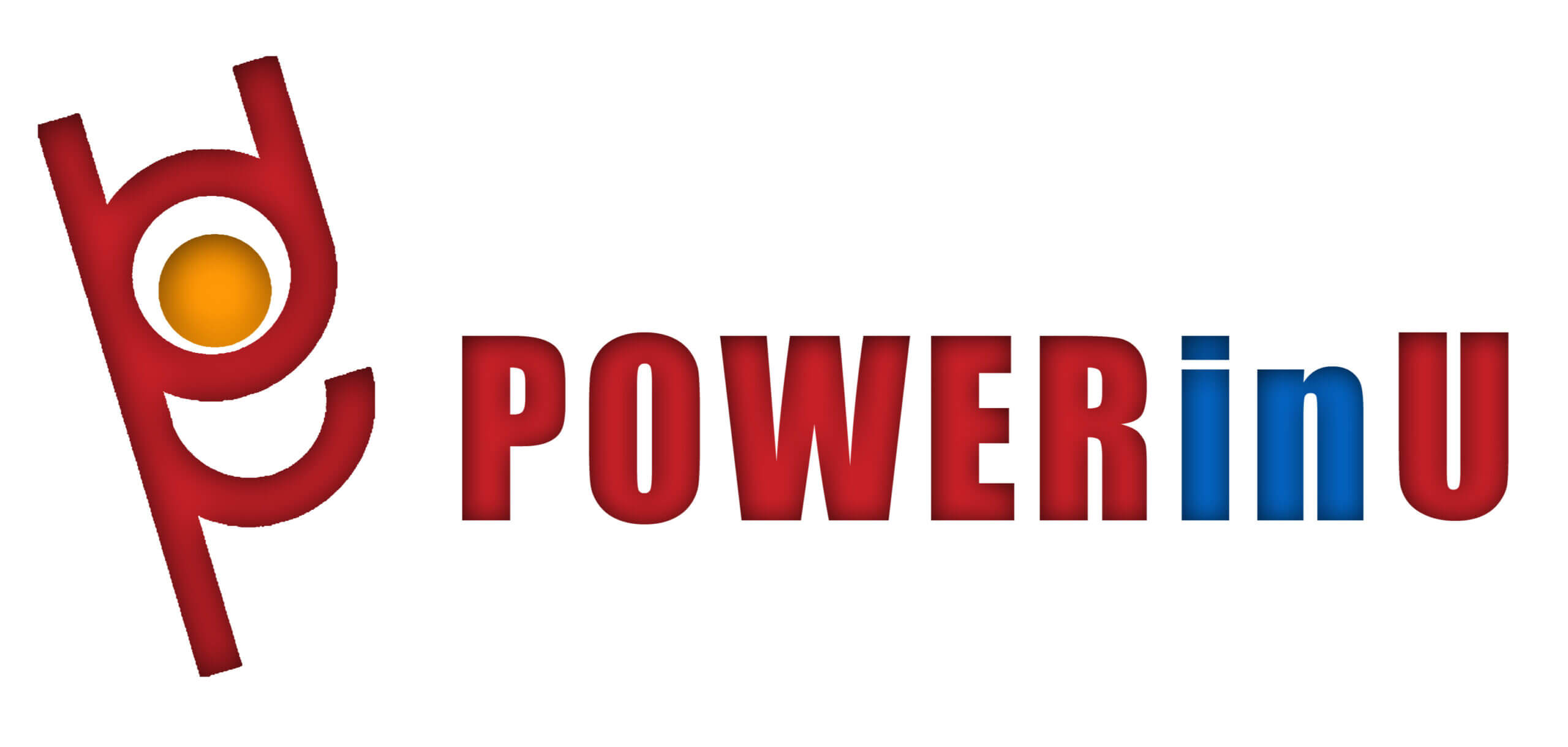By Elaine Cercado
“There are only two lasting bequests we can give our children…one is roots, the other wings.” ~ Stephen Covey
Developing people at work is like raising kids. As a mother to a 16 year old, one thing that has strongly struck me during this challenging teenage phase is the importance of firm roots and mighty wings. With all the influences and choices in today’s modern and connected world, I am peacefully confident to let go of my son, out into the world because of the roots we have established at home and of the wings he is armed with.
How does all these translate into the workplace? What makes me say that developing people at work is like raising kids? I offer two perspectives – as a professional who seeks to develop and execute a plan to advance to the next level, and the other, from a manager’s perspective who endeavors to develop his direct reports to their maximum potentials.

The Eager Professional
When I started as a high-potential member of our sales team in a global company, one of the questions I constantly faced was “Where do you want to be next year/ in 3 years / in 5 years/ in 10 years?” My supervisors and HR managers were so good in cascading training and development plan templates that over the years, they got imbedded into my mind and system. When I became a manager, I used the same approach with my direct reports.
* For a free template on professional development planning, email [email protected]
On one hand, this approach made me proactive and focused toward my next career move. On the other hand, I felt a sense of uncertainty, as there were factors beyond my control. I wondered, “was my promotion due to my competency, achievements and potentials?” or “was it due to the circumstances in the company?” I believed then that the answer was due to both my competencies and circumstances coinciding – “I am here at the right time, at the right place, with the right boss and team!” The burst of opportunities perfectly aligned with my career goals – and my boss trusted me to take the opportunities further.
But as I gained more experience and wisdom, I discovered a different answer and approach to such wondering. I discovered that purposeful living was the key and found a new appreciation to the question asked by my supervisors and HR. The visualization process of “where do you want to be in …” began to make sense.
The Caring Manager
When I became a manager, I made it a point to jointly review the professional development plans of direct reports at least twice a year. It made the process easier for both my direct report and myself as the accountability was shared. Was it a perfect system? My honest answer is no – but it worked most of the time. When did it work? When the owner of the plan was rooted on a firm foundation, and when I, as the manager, cared enough to provide the right support environment for my direct report to take off and trusted him/her to fly mightily.
Firm Roots
To be rooted firmly, one must seek, understand and define one’s purpose and values. First is to know one’s life purpose. The quest for life meaning and purpose starts at different times for every person. Some start young; others continue to drift through 30’s and 40’s without seeking or knowing their life purpose. A purpose – defined usually through knowing one’s passion, mission and vision – fires unrelenting drive, energizes life and gives the power of choice (rather than circumstance). A purpose gives birth to the goals and action plans, which set the stage for career development, improvement and growth.
Second is to stay rooted on core values and principles. Each person has different set of values, principles or beliefs, which are expressed in different ways or levels, yet are universal and unchangeable. A person who grows up valuing faith and family would manifest that at home and at work. The intensity and form of expression might change along the way – for instance, due to balancing or prioritization – but when push comes to shove, the core values would stand out. A person who highly values honesty and integrity would generally manifest that in his/her work quality and ethics.
To make the roots strong, one needs fortitude and consistency – and that’s where the manager could provide the support by aligning one’s purpose and values to the organizational mission, vision and values. For instance, the manager could link the importance of honesty and integrity when serving customers – as most companies would put customer satisfaction as a core value.
Mighty Wings
How does one’s career advance or grow from there? When one pursues a career based on passion, purpose and values, there is no limit to what one could achieve. Of course, the technical, managerial and other relevant competencies matter but all these could be learned easily when fueled by one’s passion and purpose. And when pressures come, one could face them gracefully when strongly guided by his/her values and principles.
Once the purpose is defined, the values are clear, the goals and action plans are set, the next step is to execute. Execution comes down to the day-to-day decisions taken and to the actions done. These decisions and actions then form the person’s habits. Habits are very powerful and could accelerate or boost one’s flight to success.
Many of us have read or come across the book of Stephen Covey, “The 7 Habits of Highly Effective People.” Covey outlined the 7 habits as follows: Be Proactive, Begin with the End in Mind, Put First Things First, Think Win-Win, Seek First to Understand Then to be Understood, Synergize, Sharpen the Saw.
Take as an example the last habit “sharpen the saw”, which entails balancing and renewing oneself physically, mentally, socially, emotionally, and spiritually. This is not an easy habit to form – given the very busy, multi-tasking, competitive environment we live in. Yet with purposeful living, one could simplify, and achieve balance and meaning.
A caring manager could support by providing the environment to achieve the balance and “sharpen the saw.” One example would be by mentoring; another would be by facilitating internal or external networking to broaden one’s influence and confidence. When one cares enough, the possibilities to help are endless.
In less than two years’ time, my son will officially become an adult. As a parent, have I done my part well to help him establish firm roots and grow mighty wings to take off and fly out into the real world? Has my son done his best to stay rooted and to feel confident to fly high? The path ahead will be interesting – and I look forward to seeing what’ll be on the other end of the road. A caring manager would feel the same way for the eager professional he/she has helped to develop.
